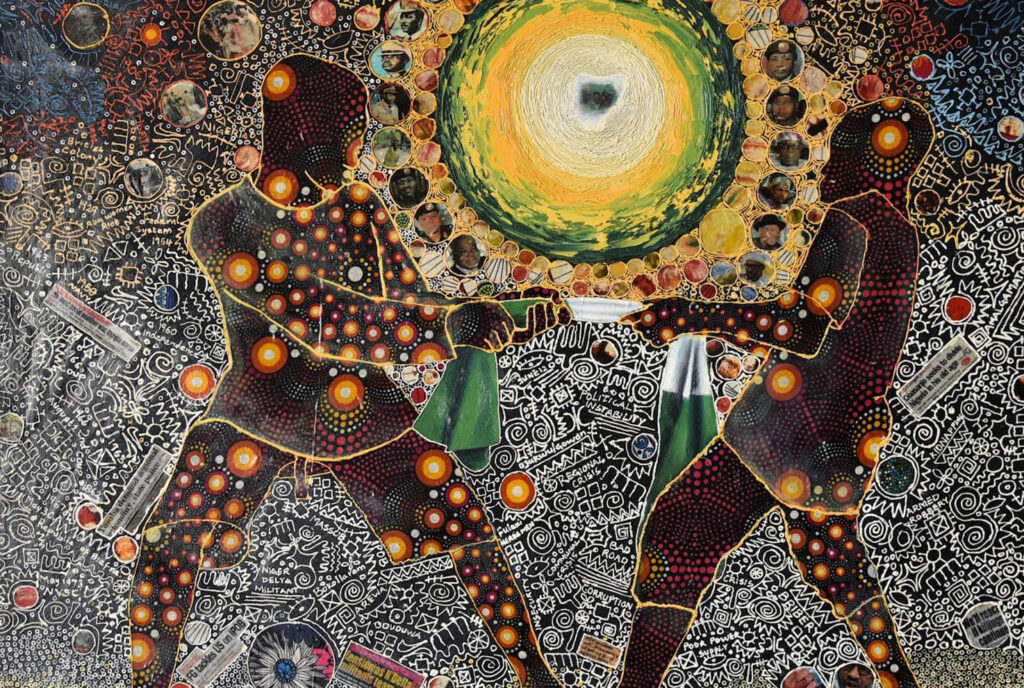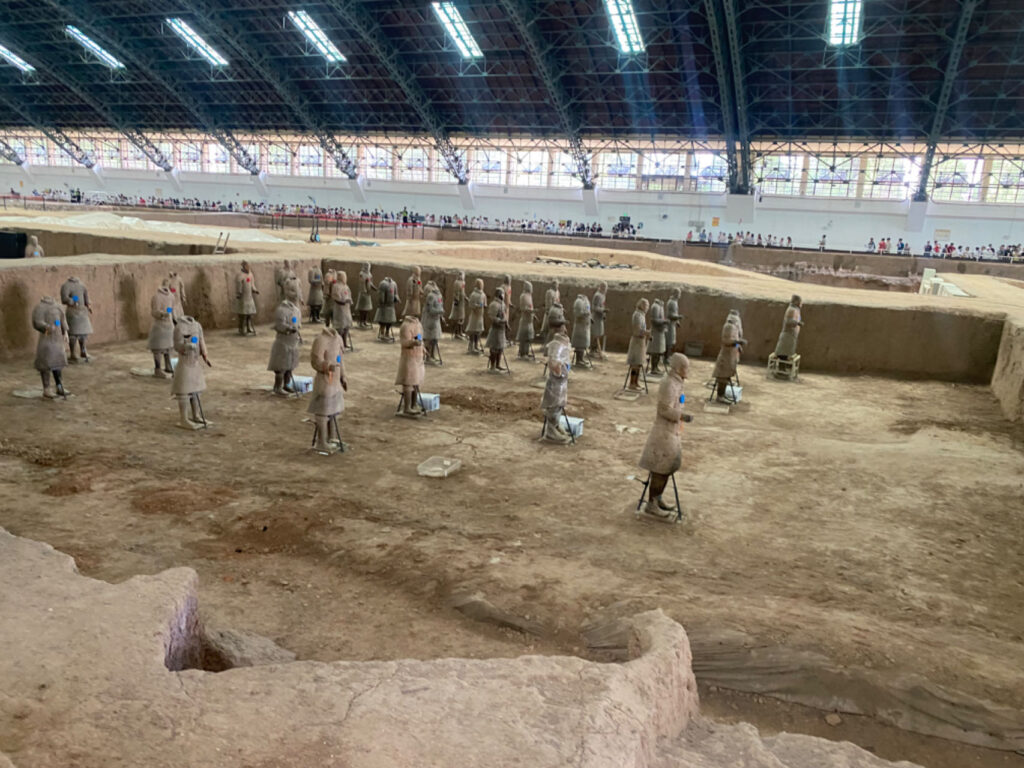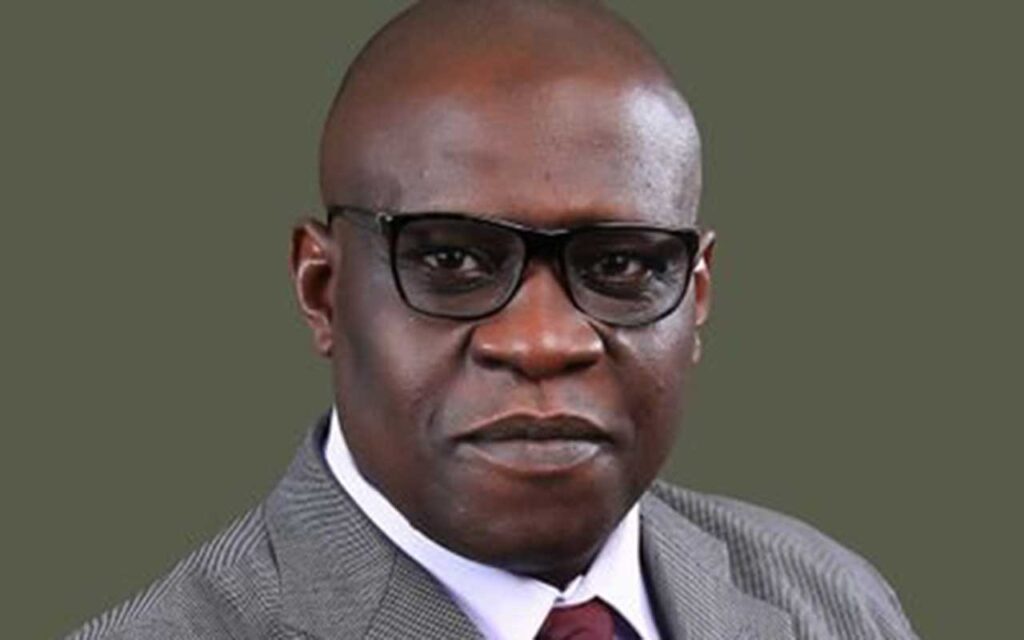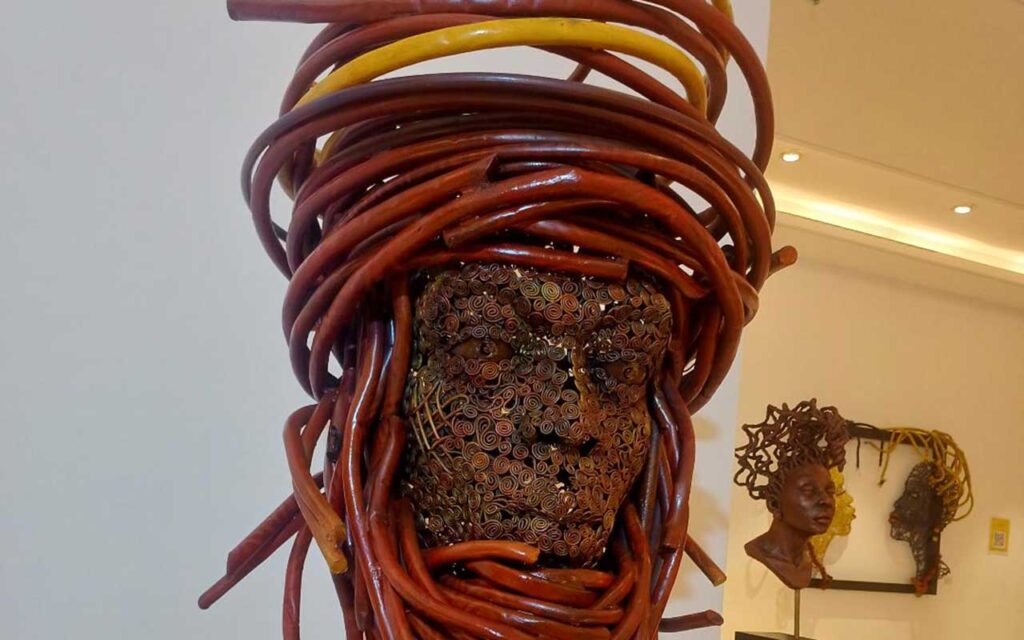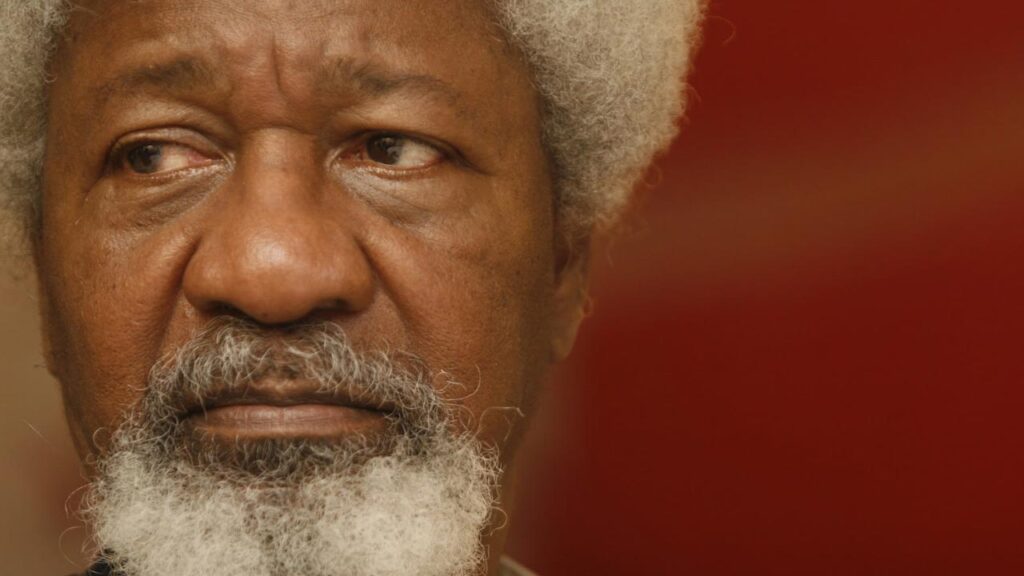
When Does a Civil War Ends is the title of a book on the same subject by one of Nigeria’s eminent polemicists, Mr. Odia Ofeimun. That title rang true last weekend of 2023, as Uche Nwokedi’s musical theatre, Kakadu, was performed at the Shell hall of MUSON Centre stage. The show, which started on Thursday, December 28, ended Saturday, December 30, 2023 in an impressive three-day run.
First performed in 2013, the 10-year old musical theatre is testament to historical memory and what that memory holds for now and the future of Nigeria. First@Arts, First Bank Plc’s support arm for the arts and culture and Kingmakers sponsored Kakadu.
And the question will continue to recur: when does a civil war end? Has the Nigeria Civil War truly ended? Because when civil wars end, the arduous task of building a nation’s life and institutions that remove the old frictions of disunity begins. Former President Muhammadu Buhari is one figure in that historical tragedy, who clearly showed while in office that the war still raged in his head even as president 50 years after he fought in it. His ‘dot in a circle’ outburst still jars in ears.
The 2023 general elections were no less complicit in sabotaging whatever feeble nation-building efforts at work, as some Nigerians were prevented from exercising their franchise based on unfounded fears triggered by that horrendous national blight.
Emeka’s (Ralph Okoro) preoccupation with the shenanigans of First Republic politicians at the opening with his friends – Osahon (David Favoice) and Kola (Samuel Tom) – becomes prescient as events prove him right with the coups that set the stage for national and personal rupture. The love life of Emeka and Bisi (Sharon Adaeze) in Kakadu closely mirrors the impending tragedy and its ugly aftermath. As if she had prescient warning of coming events, Bisi stoutly clings to Emeka and would prevent him from leaving on the eve of his people’s departure from what was once the only nation they knew to the unknown, as they felt unwanted and their lives threatened by unfolding events after the counter-coup of 1966.
Bisi does not want her Emeka to leave; she fears things would never be the same again. And she is proven right eventually, as the war returnees meet a different country from the one that formerly embraced them. Now they are something of a pariah. Bisi’s father, Chief Tunde (Emmanuel Ajumogobia), whom Emeka gave interest-free loan to start his business long before the war does not want the union between his daughter Bisi and Emeka, the son of his benefactor, Ezennia (Justin Dimaku). But both men have slightly different perspectives to the issue. While Ezennia is more conciliatory, Tunde wants the division to further widen.
For Tunde, “Nigeria is a vessel in transition. Where it’s going we don’t know. Let’s cling to ours,” a fatalistic perspective that has guided proceedings ever since the civil war, as he prohibits his daughter from marrying Emeka, who he sees as the ‘other’ and so different from ‘us’ for participating in the war. It’s Emeka’s friend Kola who states the obvious that weighs heavy on the mind: War is ugly!
But Ezennia doesn’t believe so. While he agrees with Tunde that where Nigeria is headed is unclear, he believes his son Eneka is man enough to decide who to marry, just as his kinsmen also toe Tunde’s hardline posture of separation. But in the face of their imperilled love, Bisi and Emeka are adamant. This shows the writer’s futuristic bent of mind in his dramaturgy. While Tunde and Ezennia are cast in the old guard of hardliners although Ezennia is more conciliatory, Nwokedi sees in their children the building blocks of a nation in roughly hewn unity and oneness. Emeka and Bisi will brook no ethnic inhibition to their love which knows no such primitive obstacles; theirs is a love based on human goodness, not some irrational, phantom ethnic bigotry that Bisi’s father promotes.
Indeed, Kakadu is Nwokedi’s political manifesto that can only be read complete in its expository form as also narrated in his childhood memoir, A Shred of Fear. For Nwokedi and many others, Nigerians have failed abysmally in their feeble effort to build a nation out of the wreck of the civil war that ended way back in January 1970. And Kakadu affords him a moment to trace that historical trajectory through the years till today’s BAT – Bola Ahmed Tinubu’s era. The verdict isn’t a pleasant one, as yet…
But away from these heavily politics that Nwokedi has expertly woven into the fabric of Kakadu, there’s great acting, music and dance audiences at the opening night enjoyed; it’s still available for today and tomorrow’s 3pm and 7pm shows each day. The flamboyant Opening Glee that heralds the show captures the various activities that are typical of bustling Lagos life. The fantastic, picturesque set design also typifies the colonial and Brazilian architecture commonplace in Lagos. It lends great ambience to the performance, as it serves multiple set purposes as the scenes change from happy to sombre ones and back again.
From Emeka, the observer of national politics, Osahon and Kola, the go-lucky-happy-lots, Dapo (Okey Egbomuche) the lady charmer and pipe-smoking socialite and consummate Kakadu manager Lugard Da Rocha (Benneth Ogbeiwi) to Amonia (Flora Ayodele), the soul of Lagos life, Kakadu is replete with star acts you’d love to see again and again. Amonia’s descent from the pinnacle of happiness as the Queen of Kakadu to the very depths of despair and pain at the wanton loss of lives in the civil war is vintage dramatic performance that Kakadu offers. As she sings ‘Ndi na nwuli na nwuli, ndi nakwa na kwa’ she sucks the audience into the tragic vortex of the war. Lugard Da Rocha too is irrepressible as a character study, who comes to grief for somewhat living a lie.
At Kakadu nightclub, Lagos is redefined for the newcomer. Dance freaks will swoon at what’s on offer such as the famous 1960s dance styles from foxtrot, chubby-checker, limbo to twist. As Kola explains to newcomer Osahon: “Kakadu is Lagos. Kakadu is life; it’s Eko for show. Until you rock at Kakadu, you haven’t arrived!,” and further lends mythical aspect to Lagos as acronym for “Love all girls on Saturday” and a place to “Look and go on slowly” less you get sucked in the Lagos whirlpool and be doomed. Ultimately for these young revellers, “Lagos is the city of life and love,” with Amonia being the city’s soulful nymph. Indeed, to see Lagos of the 1960s/1970s, Kakadu, as crafted by Nwokedi, is the place to relive Nigeria’s glorious and not-so-glorious past.


